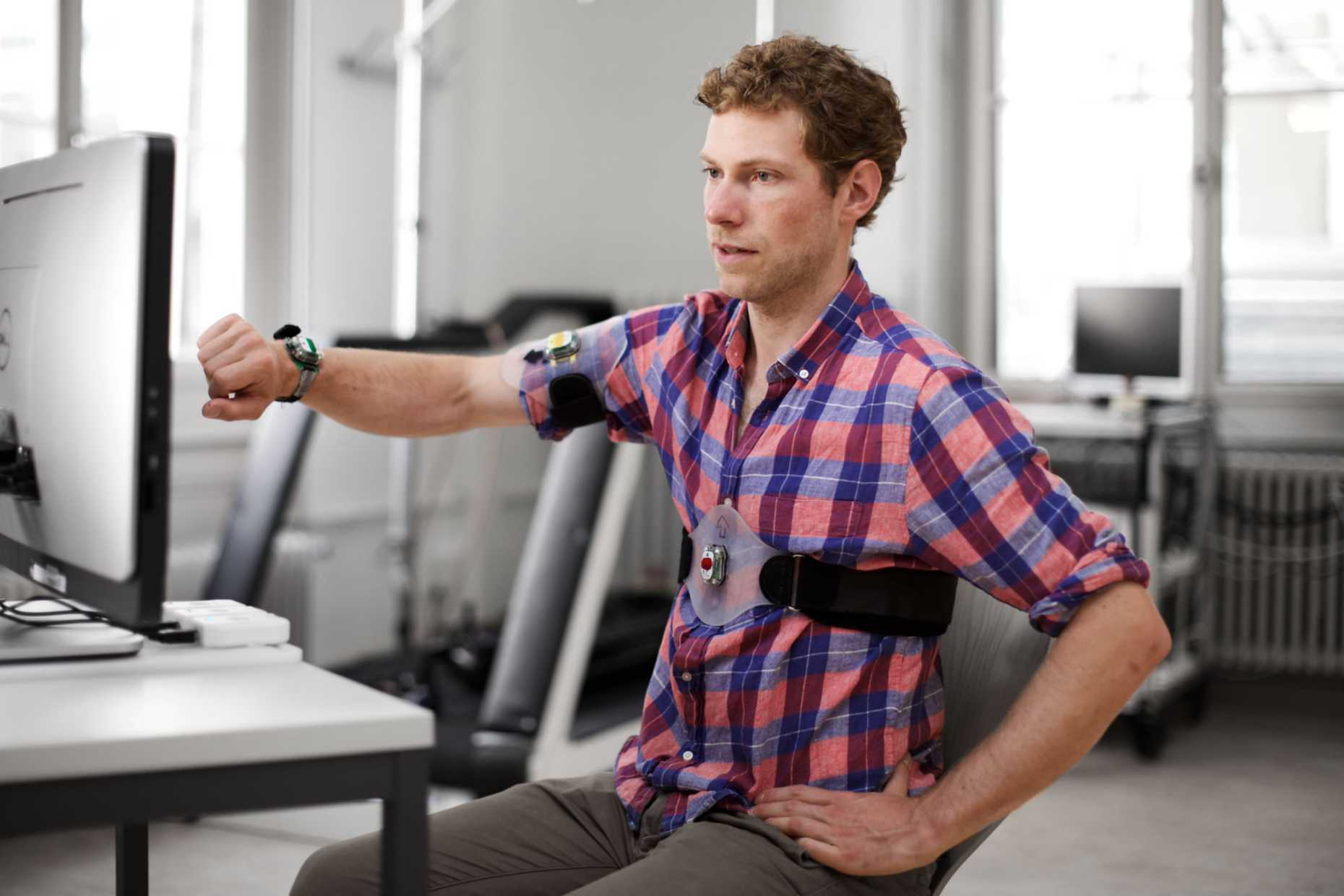Frieder Wittmann
Frieder Wittmann began his PhD studies in April 2012. He works on sensor based, upper limb rehabilitation and assessment for patients with neurological injury, such as stroke or spinal cord injury. The project is supported by the Swiss Commission for Technology and Innovation (CTI) and is a collaboration with the University Hospital Zurich, the Balgrist University Hospital and the industrial partner Hocoma.
Born in Munich, Frieder studied Mechatronics and Information Technology with a focus on robotics, nonlinear and optimal control and electronics at the Department of Mechanical Engineering at TUM (Technical University of Munich, Germany) and graduated with a M.Sc. in 2011.
During his studies, he worked on haptic, human-machine interfaces at the Institute of Automatic Control Engineering (LSR) at TUM as well as robotic limbs with serial elastic actuators at the Institue of Robotics and Mechatronics at DLR (German Aerospace Center). His masters thesis, at DLR, identified the inertial parameters of a bipedal, humanoid robot by applying feasible motion planing (RRTs) in combination with genetic algorithms to ensure maximal parameter excitation within a limited amount of experiments.
As a visiting student at the Active Adaptive Control Laboratory in the Department of Mechanical Engineering at MIT (Massachusetts Institute of Technology, USA), Frieder conducted research on Quadrotor control. He was also a Teaching Assistant for Developing World Prosthetics, a project based course at MIT where students develop affordable prosthetics.
